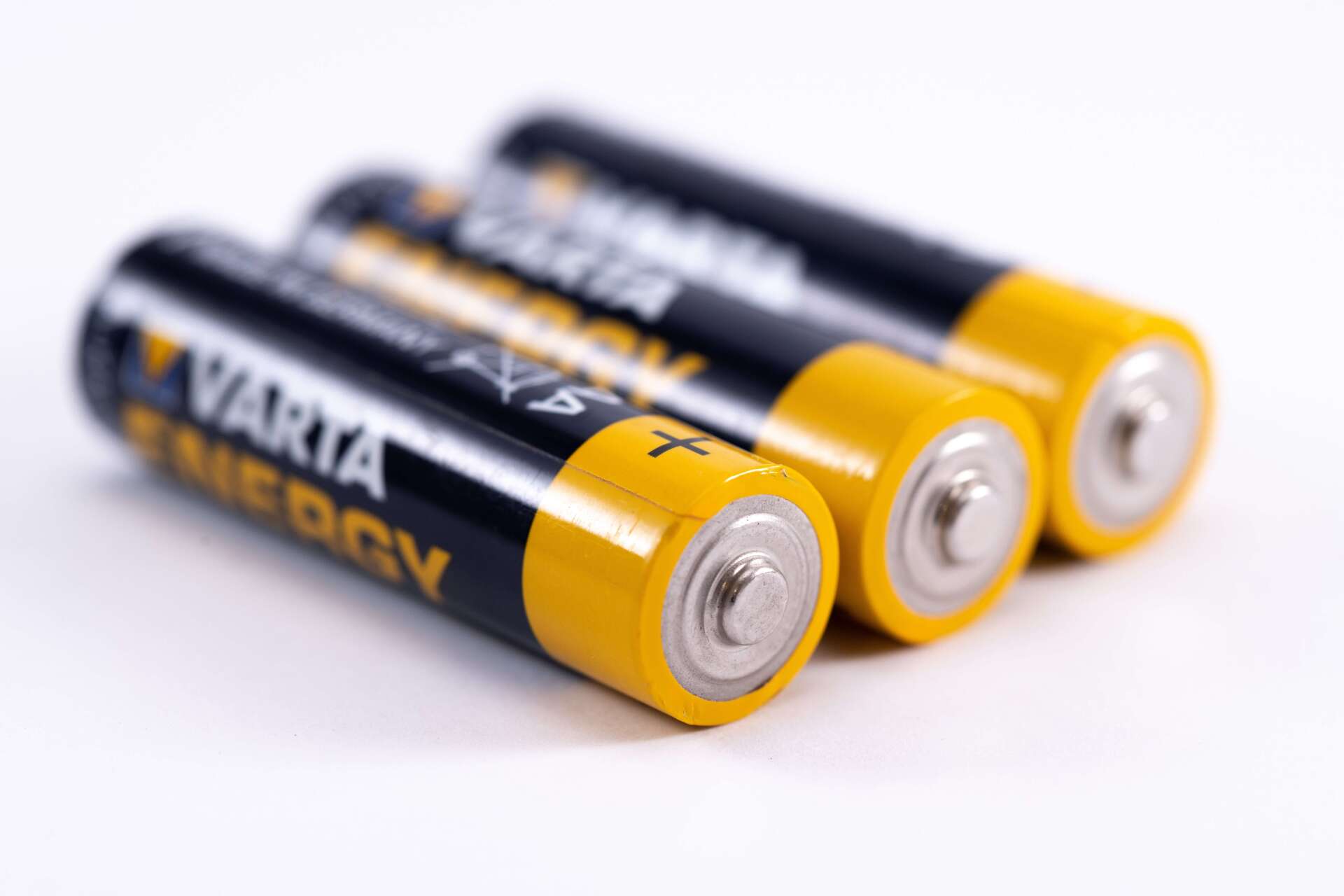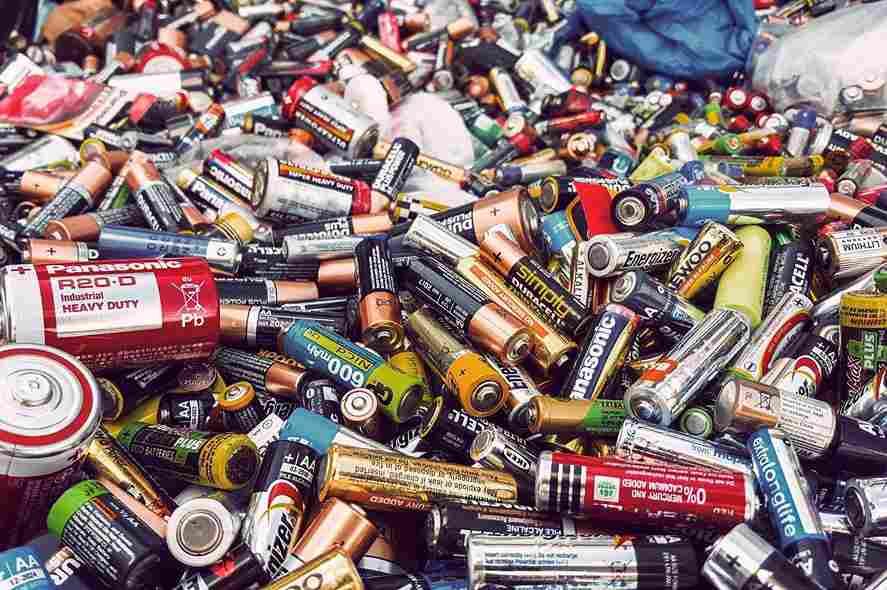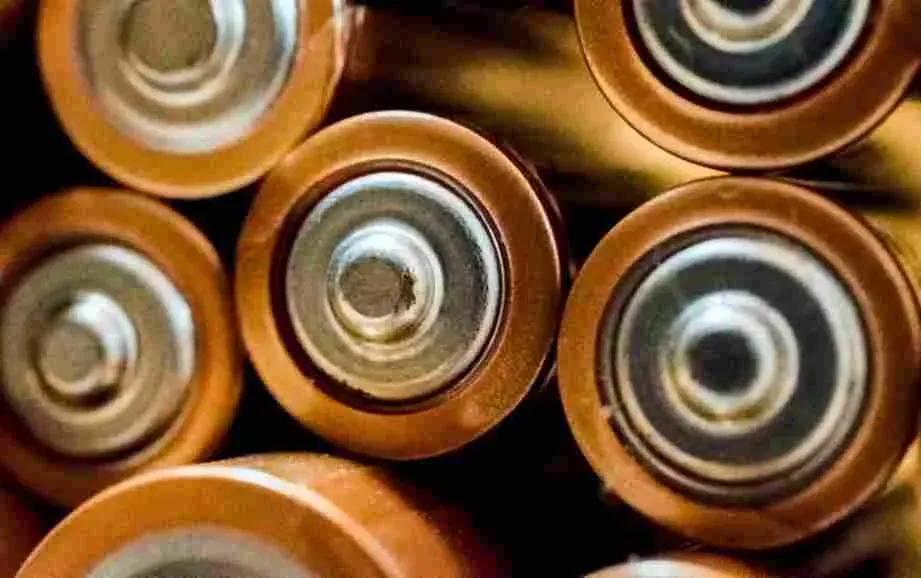Do Batteries Cause House Fires?

Get Cash Offer
We will get back to you as soon as possible.
Please try again later.
It depends on the type of battery and how it was installed in your house, as well as the materials used in and around the installation. Experts in the field know that manufacturers design batteries, such as lithium-ion battery fires and car batteries, to power your devices and provide energy, but they can also pose a fire hazard and cause fires if handled improperly, particularly if people are unfamiliar with these potential issues. Different types of batteries, including those used in battery storage systems, are meant to be used in specific ways and should never be misused, such as putting them in a charger or using them while plugged into an electrical outlet, as this could cause a blaze in some cases.
Lithium-ion household batteries are the most common type of rechargeable household battery sold today. They are also the most dangerous if not handled properly. Lithium-ion battery fires can erupt when overcharged or shorted out, presenting a significant problem for consumers and companies alike. It makes them extremely hazardous and should only be used by trained technicians.
The other types of batteries that can cause fires and put people at risk include alkaline batteries, lithium batteries, nickel metal hydride (NiMH), aa battery, zinc-carbon, and lead acid rechargeable batteries.

How do Batteries Cause Home Fires?
Batteries can cause house fires in several ways. A battery fire occurs when it gets too hot, causing it to ignite. This is usually due to the battery being left on a charger or in a device powered by the battery. High temperatures, such as those experienced in a car engine compartment, can lead to a short circuit. If you have ever walked in your car and smelled something burning, it's possible that the odor came from a leaking battery, which can pose significant safety risks if not addressed promptly.
Batteries can also become damaged by dropping them on the ground, taking them out of their original package, or even by improper disposal in a trash can. The electrolyte inside batteries can leak if there are cracks or tears in the case or wrapper, and in some cases, this can spread through your home and start battery fires that are difficult for responders like firefighters to put out, leading to fatalities.
A battery can cause fires because it contains a chemical called lithium. Lithium batteries are used in many electronic devices, such as cell phones, laptops, and power tools. Lithium batteries are often paired with other batteries to provide more power or run longer, which can create a significant amount of heat in some cases.
Another way that batteries can cause home fires is through short circuits — when one of the terminals of a battery comes into contact with another metal object like a man picking up a battery with an exposed terminal while holding a set of keys or a piece of metal tape. Keeping a fire extinguisher and understanding how to use it in case of a battery fire can be a lifesaving step.

How Common Are Batteries cause Fires?
According to a 2018 report from the U.S. Consumer Product Safety Commission, over the past five years, more than 25,000 incidents of overheating or fire have been reported, including in the Bronx. There are over 400 different lithium battery-powered items on the market today, so understanding the risks and taking necessary precautions are crucial for reducing fires related to batteries. Properly installed smoke detectors can also help alert you to fires caused by batteries. Batteries, especially lithium-ion batteries, can cause house fires if not properly stored or managed. However, certain actions like improper disposal, short circuits due to a lack of care when handling, and poor storage habits, such as storing batteries in a cluttered room with gadgets and metal objects, can lead to hazardous situations and devastating blazes that may end up grabbing headlines. These incidents often involve a chain reaction that demands immediate attention. It's essential to store batteries away from exposure to direct sunlight and flammable materials like smoke, and ensure they are compliant with safety regulations. By remaining vigilant and proactive in proper storage and disposal, consumers can reduce the risk of battery-related fires in their homes. In case of a fire, immediately contact the fire department to take action and ensure everyone's safety.

Can Batteries Cause House Fire?
Batteries, especially lithium-ion batteries, can cause house fires if not properly stored or managed. Batteries, from small cells like AA batteries to larger ones found in laptop devices, are technically capable of catching fire, but this is extremely unlikely when stored in their original packaging, at room temperature, or in normal use.
These batteries need to be short-circuited to ignite, which means touching a metal object, like coins in a pocket, simultaneously (or in series). The circuit is therefore drawn in electric energy, which manifests as heat since no electrical items are being driven.
The short circuit is too long, and the battery will overheat, causing it to set fire to things around it. Therefore, you should store batteries properly if they aren't in a device to prevent them from catching fire.
Keeping the plastic cap on them, keeping them in their original packaging, or taping over the contacts until you need them is all that's needed if they come with a plastic cap on the end. Battery contacts should never touch; store them side by side in an orderly fashion so that contacts do not touch. Never haphazardly toss them into containers.

What Percentage Of House Fires Are Started By Batteries?
According to The National Fire Protection Association (NFPA) almost two-thirds (67%) of home fire deaths occurred in homes with battery-operated smoke alarms. Hardwired smoke alarms are activated 94% of the time in reported home fires large enough to activate the alarm.
Selling As An Option If Batteries Caused A House Fire
When faced with a fire incident and the subsequent damage to your property, navigating the process of selling a fire-damaged home as-is may be a practical option. Fire damage can be challenging to address and restore fully, and the process of repairing and rebuilding can often be time-consuming and stressful. By opting to sell my house after fire restoration and streamline the sale of your fire-damaged home with experienced professionals specializing in fire-damaged property sales, you can alleviate the burden of restoration and focus on finding a new home or investment opportunity. These experts can help you determine the fair market value of your property, attract potential buyers interested in fire-damaged homes, and navigate any legal or insurance considerations, ensuring a smooth transaction. Selling your house after fire restoration allows you to swiftly move forward while providing a potential buyer with an opportunity to renovate and customize the property according to their preferences and needs.
WE CAN HELP WITH ANY SITUATION AND WE'RE READY TO GIVE YOU A FAIR CASH OFFER!
Enter Your Information Below it is Quick, Easy & Free!
Get Cash Offer
We will get back to you as soon as possible.
Please try again later.
Is It Ok To Leave Batteries On All Night?
Whether to leave batteries on all night is a common issue. The answer is yes. You can leave them on all night and not worry about causing a fire. Unfortunately, there are some instances in which leaving them on all night can be dangerous, such as when batteries are connected in a series or combined with other gadgets.
The main reason leaving batteries on all night is safe is that the voltage used in these devices is low enough not to create an explosion. It means that if you have a battery that has been charged for long periods and left charging overnight, it should not cause a fire or explosion. Always consult the instructions or a professional if you have concerns or questions about battery safety.

Get Cash Offer
We will get back to you as soon as possible.
Please try again later.

Happy Customers



Other Things That Cause Fires
All Rights Reserved | Fire Cash Buyers
